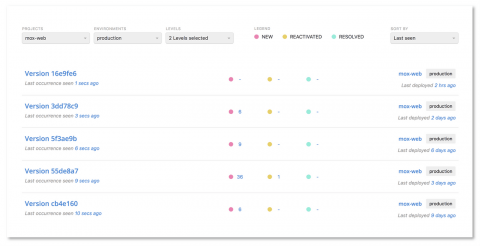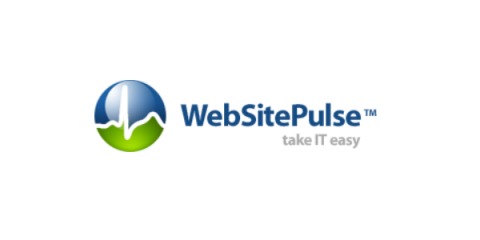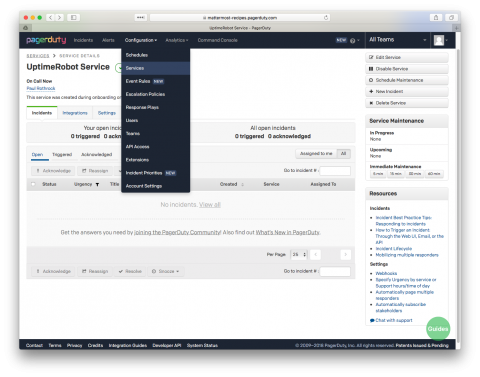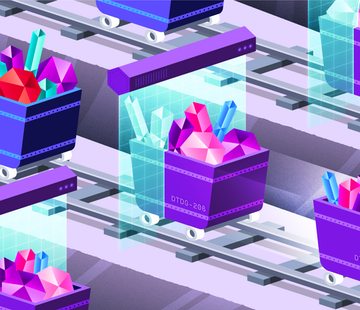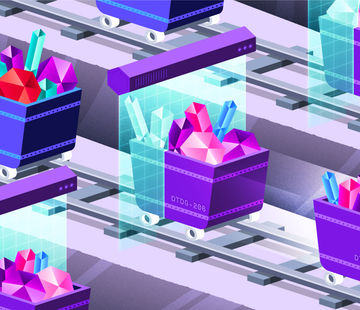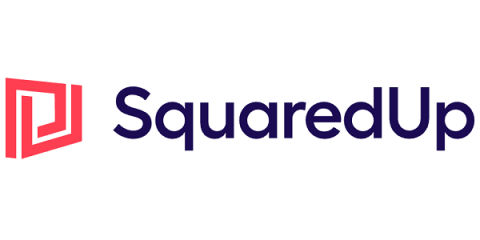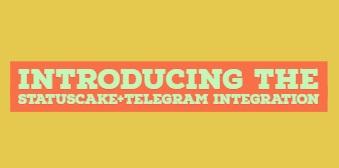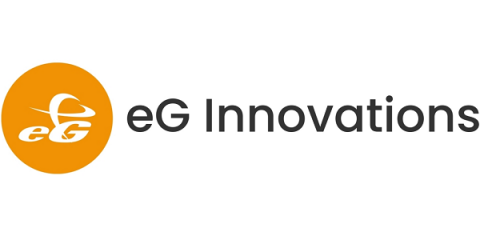Introducing Versions
We built Versions for customers who are adopting software development practices like Continuous Delivery. One important habit to cultivate when you're seeking to adopt Continuous Delivery is to deploy early and often. This is easier to do when you have a tool like Rollbar that allows you to see all production errors instantly and quickly prioritize and debug them as needed. With Versions, we're making it even easier for you to use Rollbar to monitor errors from code revisions you've just deployed.


